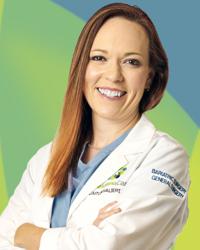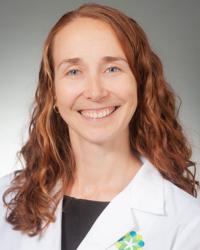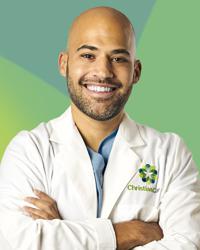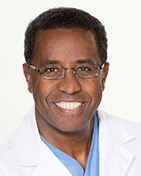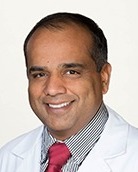Login
Bariatric Surgery (Weight Loss Surgery)
Gastric Bypass
Gastric bypass surgery reduces the size of the stomach.
Gastric Bypass
Gastric bypass surgery reduces the size of the stomach so it can only hold a small amount of food. This causes you to feel full very quickly. In addition, a “shortcut” is created from the new stomach to the small intestine, causing food to “bypass” a portion of the digestive process. This “bypassing” allows for fewer calories to be absorbed and therefore causes a good deal of weight loss.
Advantages of the Gastric Bypass
Risks/Complications Related to the Gastric Bypass

Locations & Providers
Take the first step right now. Register online for one of our free seminars, or call 800-693-2273.

ChristianaCare Bariatric Surgery Services at Wilmington
501 West 14th Street
Wilmington Hospital
Gateway Building, Suite 2E15
Wilmington, DE 19801

ChristianaCare Bariatric Surgery Services at Newark
4735 Ogletown Stanton Road
MAP 2, Suite 3301
Newark, DE 19713
